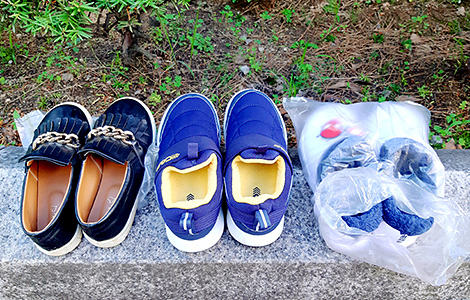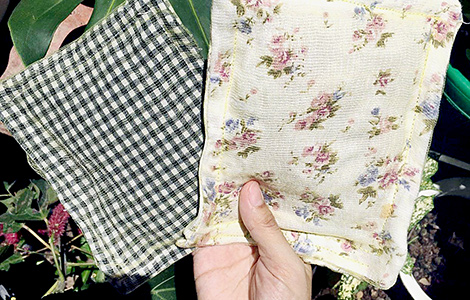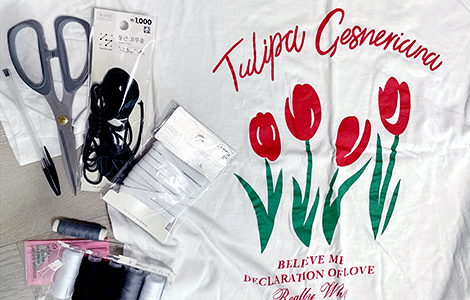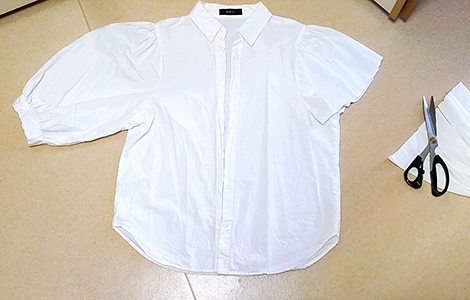University Student Volunteer Group [ASEZ] Launched a Campaign for World Environmental Day
June 5 is World Environmental Day. The Church of God University Student Volunteer Group [ASEZ] launched a campaign, “The Cost,” for World Environmental Day. This campaign aims to raise awareness of the serious consequence that the earth and mankind must pay for daily consumption.
Synthetic fibers, which are commonly used as clothing materials, emit 5.5 kg more greenhouse gas than natural fiber per T-shirt, accelerating climate change. Textile dyeing plants use 20,000 chemical substances, and the industrial water discharged at this time accounts for 20 percent of the world”s industrial water pollution. Microplastics and fibers released by a single domestic wash of a T-shirt threaten the marine ecosystem. It takes at least over 200 years for a shirt to decompose in a landfill. In this process, toxic pollutants such as methane, carbon dioxide, and dioxin are released, polluting the air.




ASEZ made card news and warned people about how seriously it affects the ecosystem to produce clothes, wash them for maintenance, and disposing them, through websites and online media. ASEZ also introduced the way to restrain intemperate consumption: reducing purchase of clothes, recycling them, and reducing washing clothing and using dryers.
ASEZ members and other participants carried out the “7×7 Campaign” which is to wear 7 clothes for 7 days instead of buying new ones. They also made chair covers, scrubbers, and hair bands by upcyling, which enhances the value of unused fabrics by reforming them for other purposes.

The participants inherited or shared a total of 2,793 clothes during the campaign. The number of using washing machines and dryers was reduced by 1,637 times, reducing about 6.9 tonnes of carbon dioxide. This is the same effect as planting 10,448 trees.
A sister from Seojeong College Lee Yu-jin said, “Before, I bought clothes simply thinking, ‘I will wear them someday,’ but after learning about environmental pollution, I couldn’t do that anymore. I realized that small commitments and actions can make a good impact, and thanks to the campaign, I’ve changed my consumption habits.”